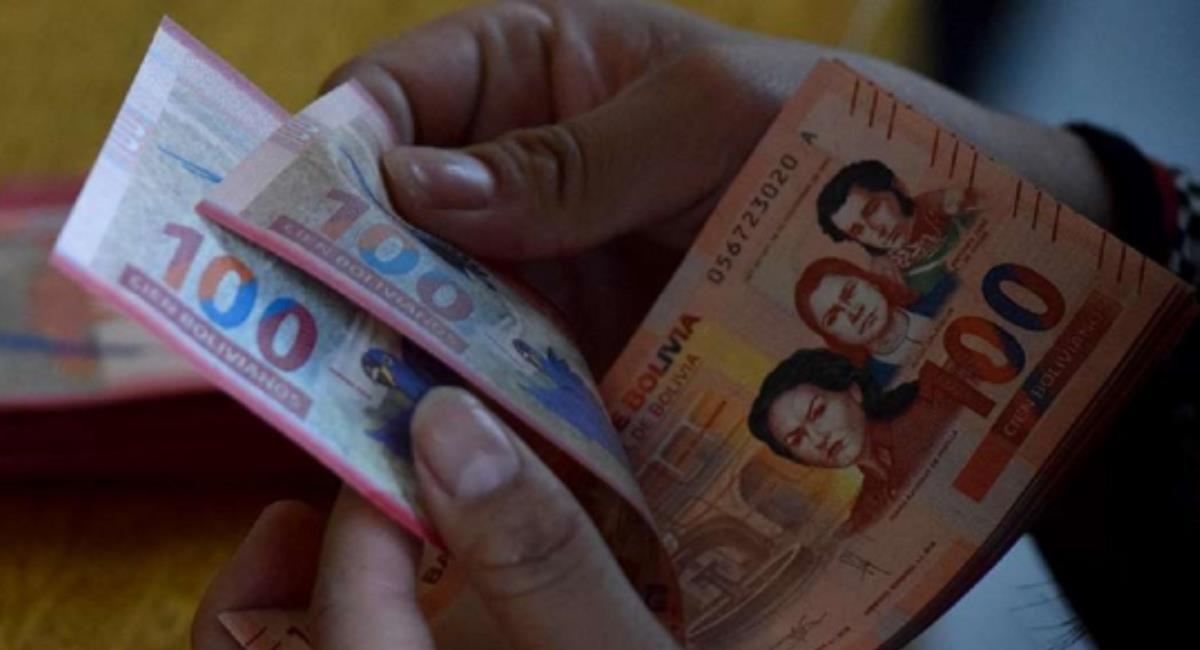RIO DE JANEIRO, BRAZIL – Bolivia has just become a net importer of fuels after thirty years of being a net exporter of natural gas to Argentina and Brazil.
According to the Institute of Statistics, gas exports to these countries between January and April produced US$910 million, while gasoline and diesel imports cost US$985 million.
It has caused Bolivia to have to reduce the volumes of gas it must send to Brazil, and it opted to send those volumes to Argentina and now has to pay a fine to the Brazilians.

The decision to discriminate against Brazil has been criticized, especially by those who distrust Argentina’s ability to pay US$20 per million BTU instead of the US$7 paid by the Brazilians.
Experts say that the trend of these two foreign trade curves could be accentuated because gas production is in decline and forced the reduction of export volumes while imports continue to grow.
The fall in income puts the populist project’s bonuses at risk, such as the one received by the elderly, of about US$50 per month, in addition to bonuses for new mothers and schoolchildren.
Foreign investments have fallen not only in the oil sector, and Bolivia is at the bottom of the list of countries that receive them in the region, according to América Economía.
Also at risk is the exchange rate, which has held steady since 2011 but is now faltering due to the fall of the Central Bank’s reserves.
It comes at a time when the internal debate in Bolivia is focused on another economic activity, albeit illegal, which is drug trafficking, but which has covered almost the entire geography of the country.
The aeronautics directorate says that at the moment, for every authorized airstrip in Bolivia, there are three illegal ones where drug trafficking operates.
In the last two months, the government captured 151 airplanes operating on clandestine airstrips that serve the cocaine industry.
Recently, Bolivian and Colombian drug traffickers killed three police officers in the Amboró park region, occupied by coca growers and drug manufacturers set up by the FARC, according to the weekly Siglo 21.
The debate on this issue has invaded all spheres, especially in the government party, with cross accusations between the aspirants to take over the leadership of the Movement Towards Socialism (MAS).
Former president Evo Morales accuses the government of his pupil Luis Arce of protecting some drug traffickers, and he does so because he wants the dismissal of the government minister, Eduardo del Castillo.
The minister was last week at the meeting of the European Union and Celac to coordinate tasks against drug trafficking and was elected co-president of the body.
With information from Infobae

